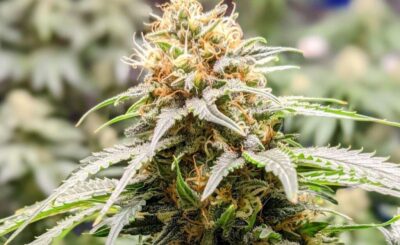IBD and IBS are two different health problems that generally affect our gut. However, the only symptom they have in common is abdominal pain and diarrhea; it is difficult to diagnose these diseases at the initial stage that either IBD or IBS because of their contrasting conditions.
What is IBS?
IBS refers to a disease of the larger intestine that causes symptoms of cramping, abdominal pain, bloating gas, constipation, and diarrhea and creates changes in your bowel movement pattern.
What is IBD?
IBD is chronic inflammation occurring at any part of the digestive tract (from mouth to anus). The Two common types of IBD that occur are UC( Ulcerative colitis), which is inflammations and sores in the large intestine and rectum. And Crohn’s disease is inflammation that may occur in any part of the GI(gastrointestinal tract)
The difference in diagnosing
IBD is structural, and we can see the structural damage done to the intestine due to it by x-ray, endoscopy, surgery, or biopsy. We can’t see the existence of IBS in the gut even after the deep examination by x-ray, endoscopy, etc., of the intestine. The only way to examine its presence is by understanding its symptoms.
The difference in symptoms:
The main symptoms found in IBS are abdominal pain, cramps, constipation, diarrhea, and urgent bowel movements. Some patients with IBS also experience pain at the upper right side of the abdomen without any other occurrence.
Whereas symptoms that are found in the patient suffering from IBD disease are eye inflammation, extreme fatigue, intestinal scarring, malnutrition, joint pain, rectal bleeding, diarrhea, and weight loss.
The difference in the treatment:
People across the globe who are encounter from any of these diseases always try to treat them by controlling and changing their diet plans. Ask your doctor for better diet charts to follow.
Include more fiber, avoid lactose products, drink more water, avoid food causing bloating and avoid caffeine intake.
Doctors usually treat IBD with drugs like Corticosteroids and immunomodulators to boost up your immune system. They also add antibiotics to fight any type of infection in your body.
Doctors may prescribe drugs that help diarrhea or constipation as a holistic irritable bowel syndrome treatment. Other things that may be included in IBS treatment are acupuncture, stress management, hydrotherapy, and relaxation training.
The difference in the pain:
Pain caused by Crohn’s disease under IBD usually occurs in the lower right side of your belly, whereas ulcerative colitis leads to pain in the left side of your stomach.
Patients suffering from IBS probably face high pain or cramps in the lower half of their belly; stress and anxiety can trigger overactivity of the gut leading to severe pain in the abdominal.
The difference in the complications:
Without undergoing IBD treatment, a patient can suffer from serious problems such as poor nutrition, dehydration, anemia, bone loss, blood clots, ulcers, a hole in the colon, and a high risk of colon cancer.
On the other hand, talking about IBS is less dangerous as its complication affects the quality of life and may cause anxiety or depression.








